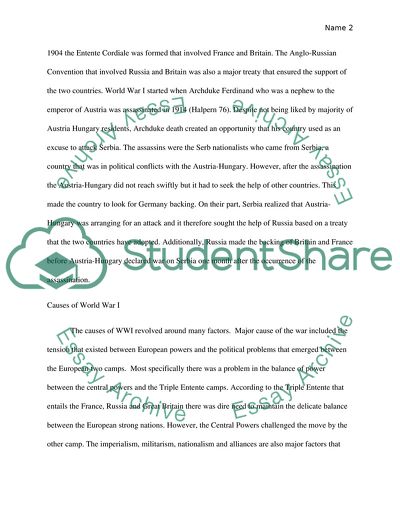Cite this document
(The Impact of the WWI on the World Economy Report Example | Topics and Well Written Essays - 2250 words - 1, n.d.)
The Impact of the WWI on the World Economy Report Example | Topics and Well Written Essays - 2250 words - 1. https://studentshare.org/history/1815209-world-war-one
The Impact of the WWI on the World Economy Report Example | Topics and Well Written Essays - 2250 words - 1. https://studentshare.org/history/1815209-world-war-one
(The Impact of the WWI on the World Economy Report Example | Topics and Well Written Essays - 2250 Words - 1)
The Impact of the WWI on the World Economy Report Example | Topics and Well Written Essays - 2250 Words - 1. https://studentshare.org/history/1815209-world-war-one.
The Impact of the WWI on the World Economy Report Example | Topics and Well Written Essays - 2250 Words - 1. https://studentshare.org/history/1815209-world-war-one.
“The Impact of the WWI on the World Economy Report Example | Topics and Well Written Essays - 2250 Words - 1”. https://studentshare.org/history/1815209-world-war-one.


